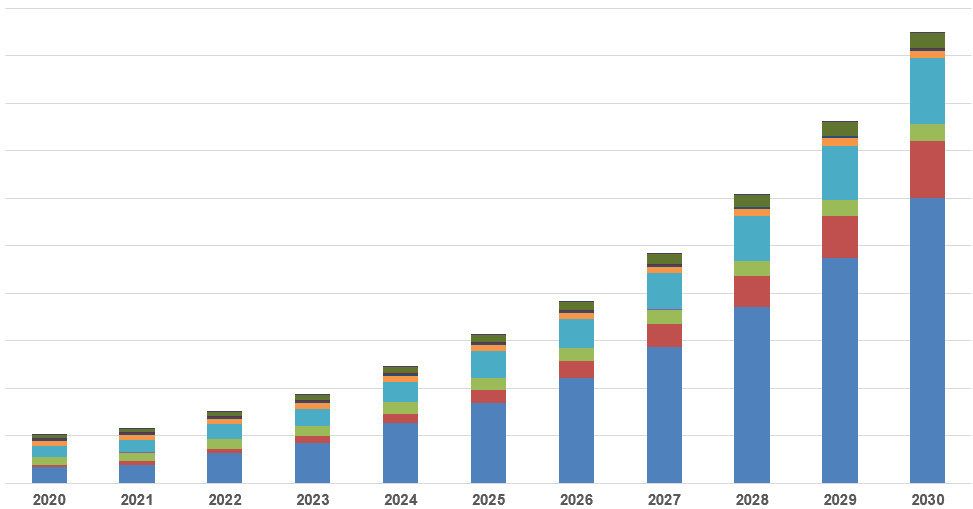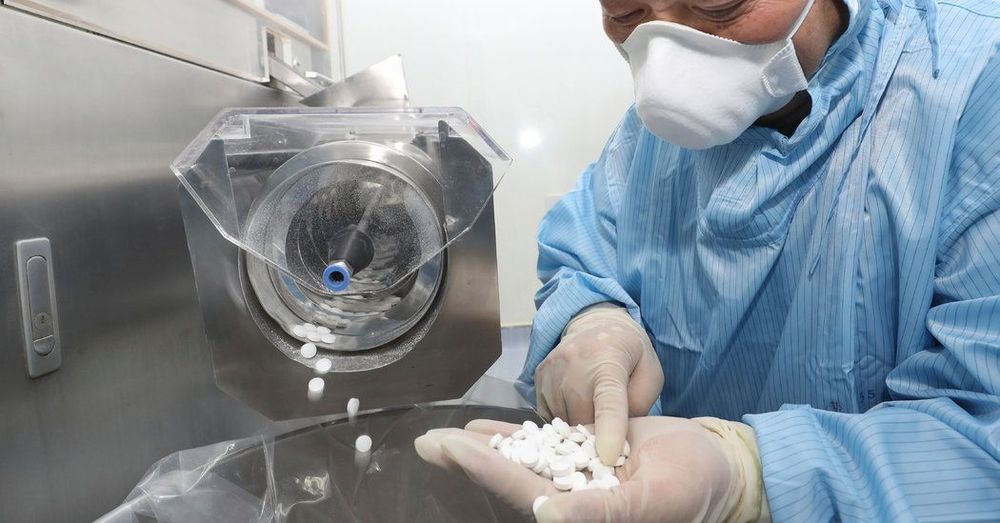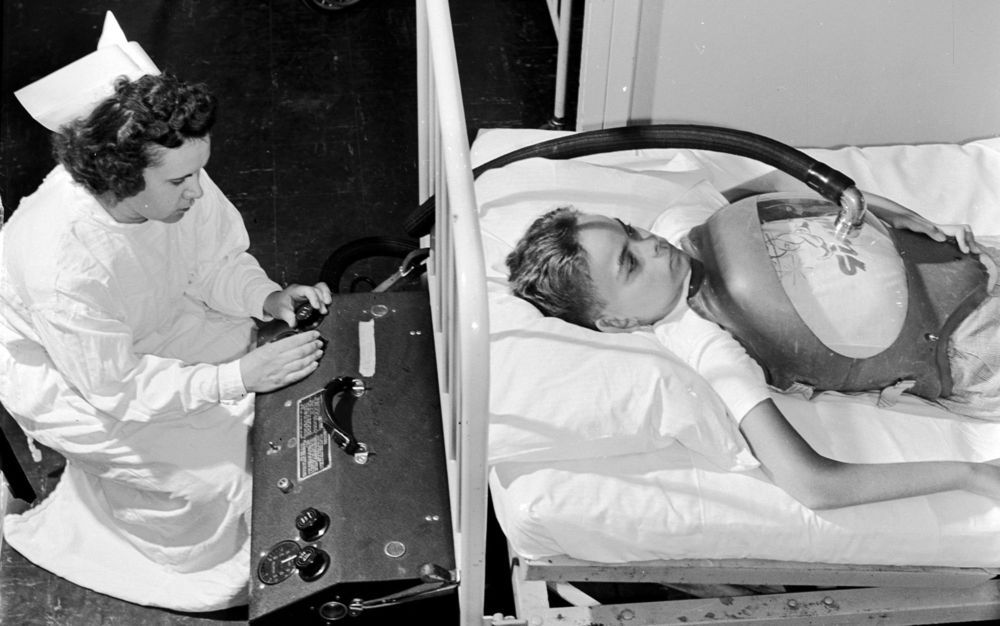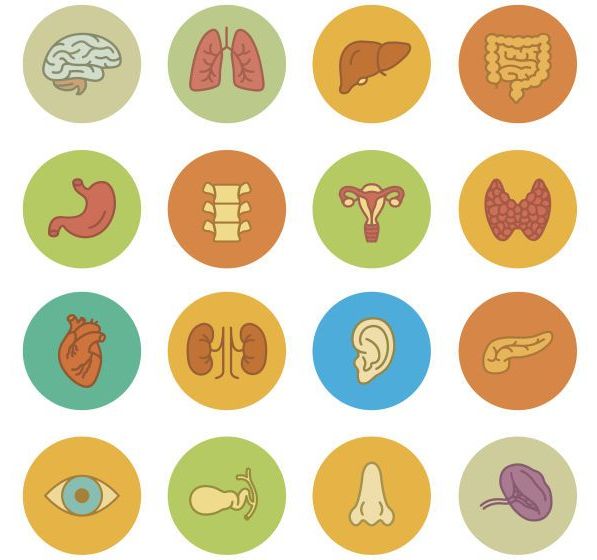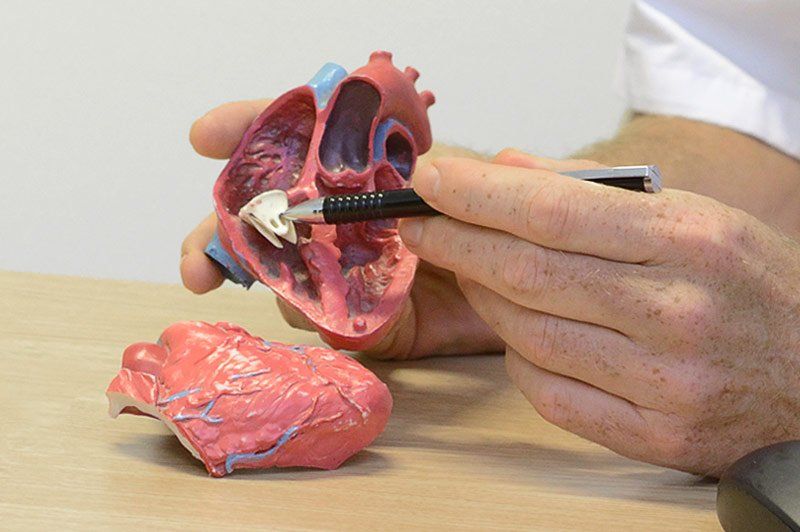From the data, the GTEx team could identify the relationship between specific genes and a type of regulatory DNA called expression quantitative trait loci, or eQTL. At least one eQTL regulates almost every human gene, and each eQTL can regulate more than one gene, influencing expression, GTEx member and human geneticist Kristin Ardlie of the Broad Institute tells Science.
Another major takeaway from the analyses was that sex affected gene expression in almost all of the tissue types, from heart to lung to brain cells. “The vast majority of biology is shared by males and females,” yet the gene expression differences are vast and might explain differences in disease progression, GTEx study coauthor Barbara Stranger of Northwestern University’s Feinberg School of Medicine tells Science. “In the future, this knowledge may contribute to personalized medicine, where we consider biological sex as one of the relevant components of an individual’s characteristics,” she says in a statement issued by the Centre for Genome Regulation in Barcelona, where some of the researchers who participated in the GTEx project work.
Another of the studies bolsters the association between telomere length, ancestry, and aging. Telomere length is typically measured in blood cells; GTEx researchers examined it in 23 different tissue types and found blood is indeed a good proxy for overall length in other tissues. The team also showed that, as previously reported, shorter telomeres were associated with aging and longer ones were found in people of African ancestry. But not all earlier results held; the authors didn’t see a pattern of longer telomeres in females or constantly shorter telomeres across the tissues of smokers as previous studies had.
Not everyone is singing the project’s praises. Dan Graur, an evolutionary biologist at the University of Houston who often criticizes big projects like GTEx, tells Science the results are hard to parse and there was little diversity, with 85 percent of the tissue donors being white. He also was critical of the use of deceased donor tissue, questioning if it truly reflects gene activity in living humans. “It’s like studying the mating behaviour of roadkill.”
Other scientists say there’s much work to be done. The gene regulation map leaves many unanswered questions about the exact sequences that cause disease and how gene regulation systems work in tandem. Genomicist Ewan Birney, the deputy director general of EMBL, tells Science, “We shouldn’t pack up our bags and say gene expression is solved.”
A decade-long effort to probe gene regulation reveals differences between males and females, points to essential regulatory elements, and offers insight into past work on telomeres.
